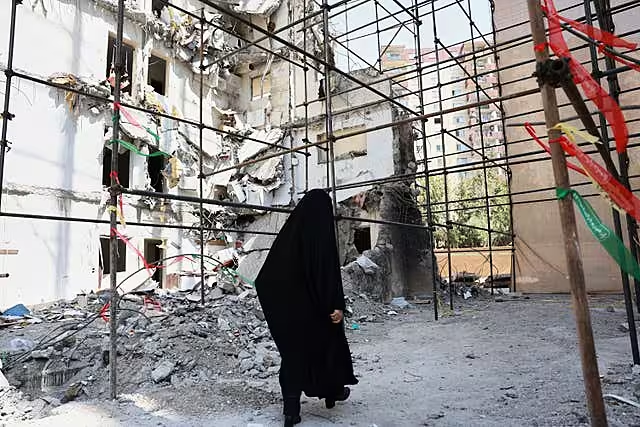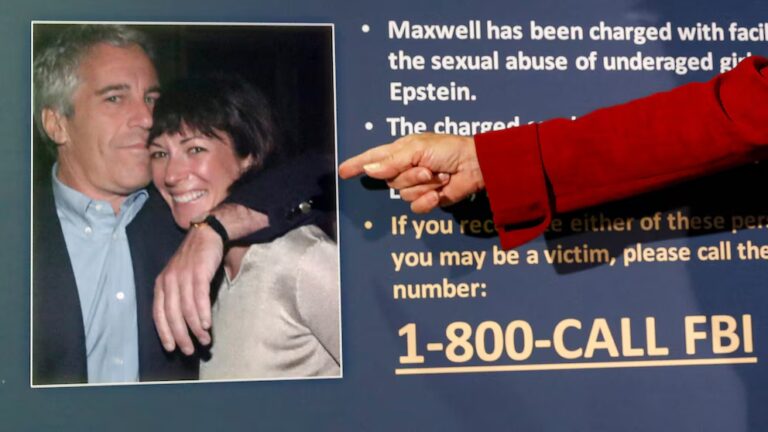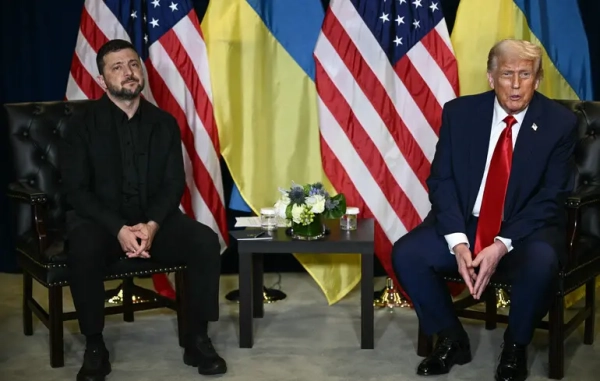
Iranian Deputy Foreign Minister Kazem Gharibabadi said Tehran is open to dialogue with the United States on nuclear issues, but on the condition that Washington takes concrete steps to restore trust.
On Friday, talks will be held in Istanbul between Iran and the E3 countries (Great Britain, France, Germany) with the participation of the EU Deputy Foreign Minister.
It is the first meeting since a 12-day military standoff with Israel in June, during which Iran's nuclear infrastructure was attacked by US B-52 bombers.
Earlier on Thursday, Gharibabadi stressed via social media that Tehran's participation in the talks is possible only if “a number of fundamental conditions” are met.
Among them, he named: “restoring international trust in Iran (given the complete lack of trust in the United States on the part of Tehran); preventing the use of the negotiation process for hidden military purposes, although Iran remains ready for all possible scenarios; recognition of the country’s rights under the NPT, including legitimate enrichment of uranium; and the complete lifting of sanctions restrictions.”

Friday's consultations will be held at the deputy minister level. The Iranian delegation will be led by Majid Takht-e-Ravanchi. Similar talks were held in Istanbul in May.
European countries have not ruled out activating the snapback mechanism from the 2015 nuclear deal, which would allow previously lifted sanctions to be restored in exchange for restrictions on Iran's nuclear program.
The 2015 agreement was signed by Britain, France and Germany. The United States withdrew from it in 2018 under the administration of Donald Trump, who called the treaty's terms insufficiently stringent.
Iranian authorities have warned that attempts to renew sanctions will lead to retaliatory measures. Gharibabadi has previously noted that this could provoke Tehran to withdraw from important international non-proliferation agreements.
In an address to UN Secretary-General Antonio Guterres, Iranian Foreign Minister Abbas Araghchi condemned the E3's double standards, pointing to their failure to fulfill their obligations under the 2015 agreement and support for Israeli attacks on Iranian territory.
During the latest conflict, American B-52s were involved in strikes on Iranian nuclear facilities in support of Israel. Iran's retaliatory missile attacks included an attack on a US base in Qatar, which President Masoud Pezeshkian called an act not directed at the Qatari government.
On Wednesday, the Iranian leader spoke on Al Jazeera about his readiness to escalate the conflict, accusing Israel of attempting to assassinate him during a Security Council meeting on June 15 in Tehran.
Pezeshkian confirmed that the country's nuclear developments remain within the legal framework and do not pursue the goal of creating weapons of mass destruction.
“Our nuclear potential lies in the intellectual capital of our specialists,” he noted, adding that further negotiations should be based on the principles of equality, not pressure.
According to the Mizan news agency, at least 13 Iranian nuclear technology specialists have died in the 12 days of conflict with Israel.
A spokesman for Iran's Atomic Energy Organization said Thursday that its nuclear infrastructure had been restored following attacks by Israel and the United States.
“Our nuclear industry has a solid foundation. What has taken root cannot be destroyed by attacks – it will be reborn with new strength,” state TV reported Behrouz Kamalvandi as saying.
In May, the IAEA reported that Iran's stockpile of 60% enriched uranium had exceeded 400 kilograms (882 pounds), a figure close to weapons-grade levels that continues to raise concerns in Western countries.
Despite the growing stockpiles, Iran confirms its readiness for dialogue, although it has temporarily limited its interaction with the IAEA following the decision approved by Pezeshkian.
European officials, while declaring their desire to avoid escalation, are simultaneously pointing to a shortening window of time for a diplomatic settlement.
Sourse: breakingnews.ie






